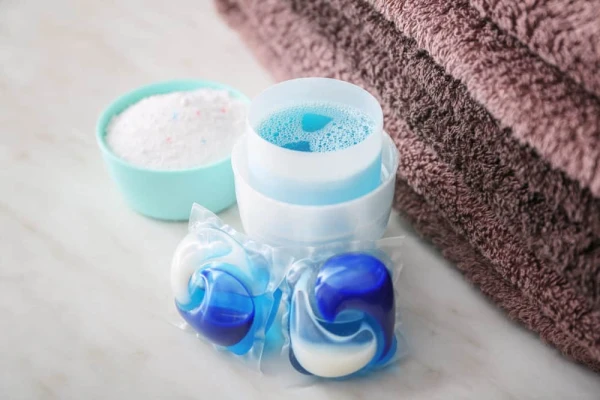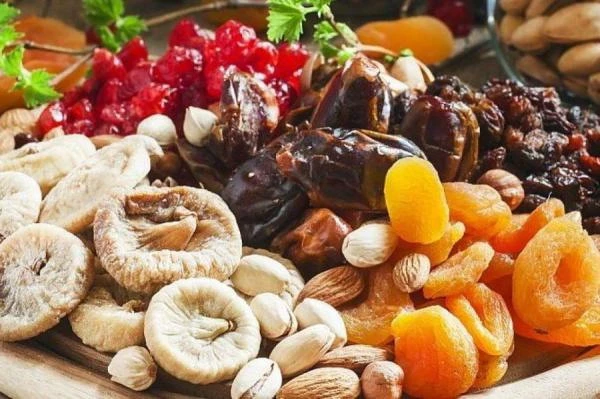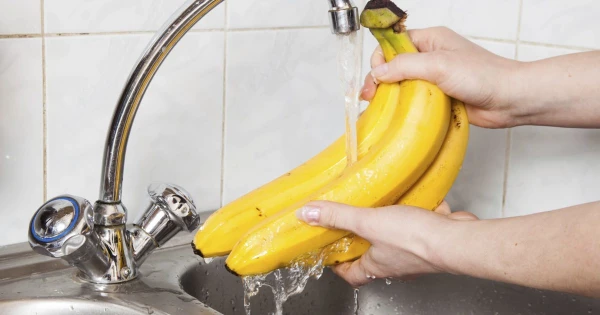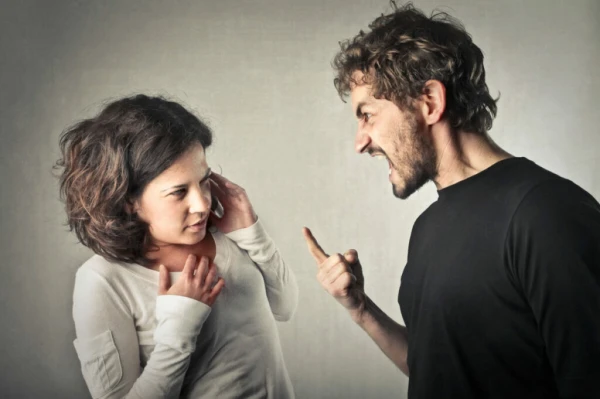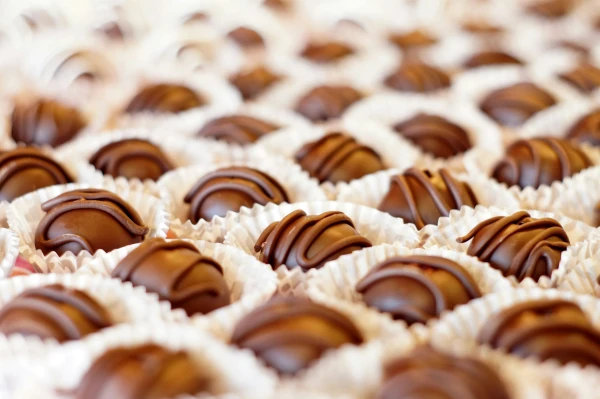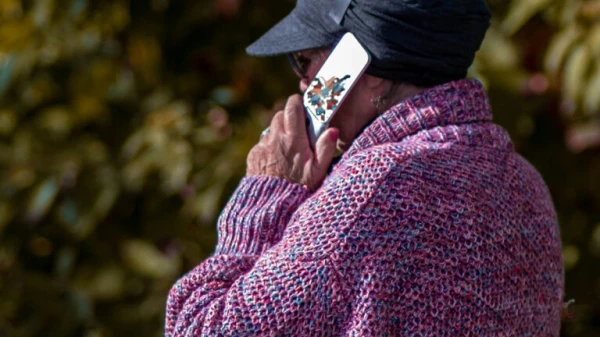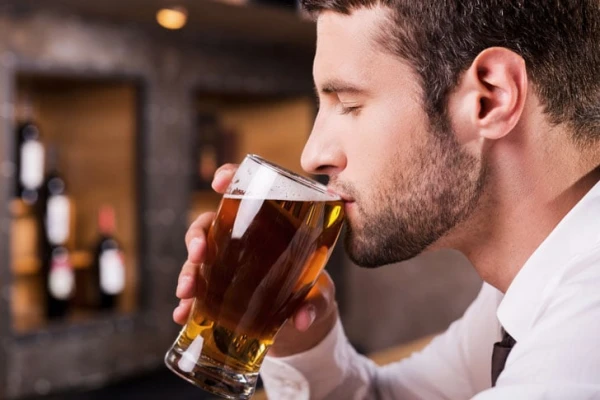
You have probably heard that a love for beer is dangerous for men because it contains female sex hormones. This means that drinking excessively can disrupt your hormonal system and lead to breast development.
There is a grain of truth in these statements, but it is very small. Let's figure it out.
Is it true that beer contains female sex hormones?
Beer contains phytoestrogens — plant-derived substances that are similar to the female sex hormone estradiol and can affect the body in a similar way.
In men, estradiol is produced in the testes and plays an important role in reproductive health. An imbalance between testosterone and estradiol can lead to decreased libido, erectile problems, and gynecomastia — an enlargement of breast tissue.
There are mainly three types of phytoestrogens in beer — xanthohumol, isoxanthohumol, and 8-prenylnaringenin. The latter is considered the strongest, although it is 70 times weaker than estradiol.
The concentration of phytoestrogens in beer depends on the type of beverage. The least of these substances is found in lager and non-alcoholic drinks. The most is found in European stouts and pilsners, American porters, Indian pale ales (IPAs), and dark beers.
The absolute champion in terms of phytoestrogen content is American strong ale. It contains about 240 µg of xanthohumol, 3,440 µg of isoxanthohumol, and 110 µg of 8-prenylnaringenin per liter of the beverage.
Can phytoestrogens from beer disrupt hormonal balance?
The activity of phytoestrogens in beer is too low to significantly affect the human body. Xanthohumol has low bioavailability, and the amount of 8-prenylnaringenin is simply negligible.
There is a theory that phytoestrogens can indeed alter hormonal balance, but only in some individuals. The thing is, 8-prenylnaringenin can be formed in the intestines from isoxanthohumol. How effectively this occurs depends on the composition of gut bacteria.
In one study, scientists calculated that if a person has a high capacity to transform isoxanthohumol into 8-prenylnaringenin, even a liter of strong beer could lead to the formation of 1–2 mg of this potent phytoestrogen. And this would be enough to affect cells.
But whether this will lead to decreased libido, erectile problems, or gynecomastia is an open question. No such experiments have been conducted, so we can only speculate.
Nevertheless, beer can affect male hormones, regardless of the amount of phytoestrogens and gut microbiota.
How can beer affect male sex hormones?
In one old experiment, scientists recruited a group of 72 healthy men and divided it in half. Half of the participants drank beer, while the others drank wine. The researchers checked how this would affect male sex hormones and found that all participants had decreased testosterone and increased estradiol. The authors concluded that phytoestrogens were to blame, although it is likely that they were not the cause at all.
One modern meta-analysis involving more than 10,000 men showed that alcohol significantly lowers testosterone and increases estradiol. Moreover, participants in these experiments consumed not only beer and wine but any alcoholic beverages.
Another, even larger meta-analysis, involving 23,000 people, showed that men who consume more than seven standard servings of alcohol per week have significantly higher levels of estradiol than those who drink less. A standard serving is about 350 ml of beer, 150 ml of wine, or 40 ml of spirits.
If you are concerned about your hormones, you should not give up beer but rather ethanol.
Moreover, gynecomastia, which is often associated with excessive beer consumption, can arise from liver cirrhosis and kidney problems, and the risk of these conditions increases with excessive alcohol in the diet.
Additionally, excessive alcohol consumption negatively affects sexual health. Drinking more than a liter of beer or three shots of spirits every day increases the risk of erectile dysfunction.
What’s the conclusion?
-
Beer contains phytoestrogens, but they are too few to affect erection and increase breast tissue.
-
It is possible that phytoestrogens from beer can change sex hormone levels in some individuals, but this is not certain.
-
Consuming more than 2.5 liters of beer per week increases estradiol levels in men.
Thus, if you really love beer but are concerned about your hormones, choose a non-alcoholic option. At the very least, opt for lager, but remember that there is no safe dose of alcohol.



